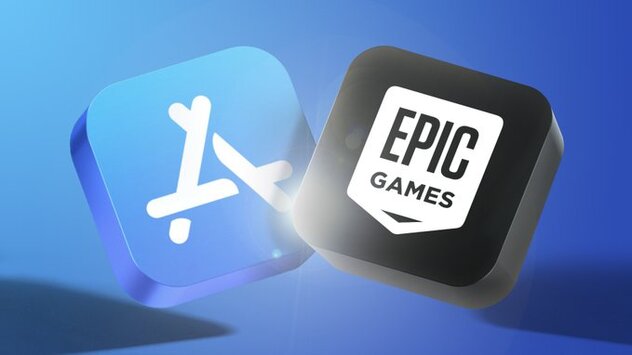
Apple App Store Monopoly Ruling In Australia
Apple has officially disputed a recent Australian federal court ruling that found its App Store practices amounted to a monopoly. The decision came after a legal battle with Epic Games, where the court concluded that Apple holds exclusive control over iOS app distribution and in-app payments. Apple, however, strongly denies these claims, arguing that iOS should not be viewed as a standalone market and that its ecosystem faces healthy competition from other platforms. This case has sparked widespread debate about app store regulations, competition laws, and the future of digital marketplaces.
Epic Games Challenge Against Apple App Store Monopoly
Epic Games has long argued that Apple misuses its market power by restricting app distribution to the App Store and enforcing in-app purchase rules that block alternative payment methods. According to Epic, these practices limit consumer choice, inflate prices, and prevent fair competition. The Australian court sided with Epic’s perspective, referencing global trends like Europe’s Digital Markets Act as supporting evidence. While Apple is not yet required to make immediate changes, the ruling puts pressure on its strict ecosystem policies and could influence future regulations worldwide.
Apple’s Defense On App Store Monopoly Claims
Apple maintains that it does not have a monopoly in Australia or any other country, emphasizing that its App Store competes with multiple platforms including Google Play Store and other digital marketplaces. The company insists that its ecosystem prioritizes security, privacy, and developer trust, claiming that sideloading or alternative stores could expose users to risks. Apple also criticized the court’s definition of the iOS market as too narrow, noting that other legal systems, including U.S. courts, have rejected similar definitions in previous Epic-related cases.
What The App Store Monopoly Debate Means For Users And Developers
The outcome of Apple’s appeal in Australia could reshape how mobile ecosystems operate. If the ruling stands, Apple may be forced to allow sideloading and third-party payment options, giving developers more flexibility and consumers more choice. On the other hand, Apple argues that loosening its rules could undermine the secure, streamlined experience users currently expect. This clash highlights a larger global conversation about digital fairness, competition law, and whether tech giants should retain full control over their platforms or adapt to new regulatory frameworks.
𝗦𝗲𝗺𝗮𝘀𝗼𝗰𝗶𝗮𝗹 𝗶𝘀 𝘄𝗵𝗲𝗿𝗲 𝗿𝗲𝗮𝗹 𝗽𝗲𝗼𝗽𝗹𝗲 𝗰𝗼𝗻𝗻𝗲𝗰𝘁, 𝗴𝗿𝗼𝘄, 𝗮𝗻𝗱 𝗯𝗲𝗹𝗼𝗻𝗴. We’re more than just a social platform — from jobs and blogs to events and daily chats, we bring people and ideas together in one simple, meaningful space.